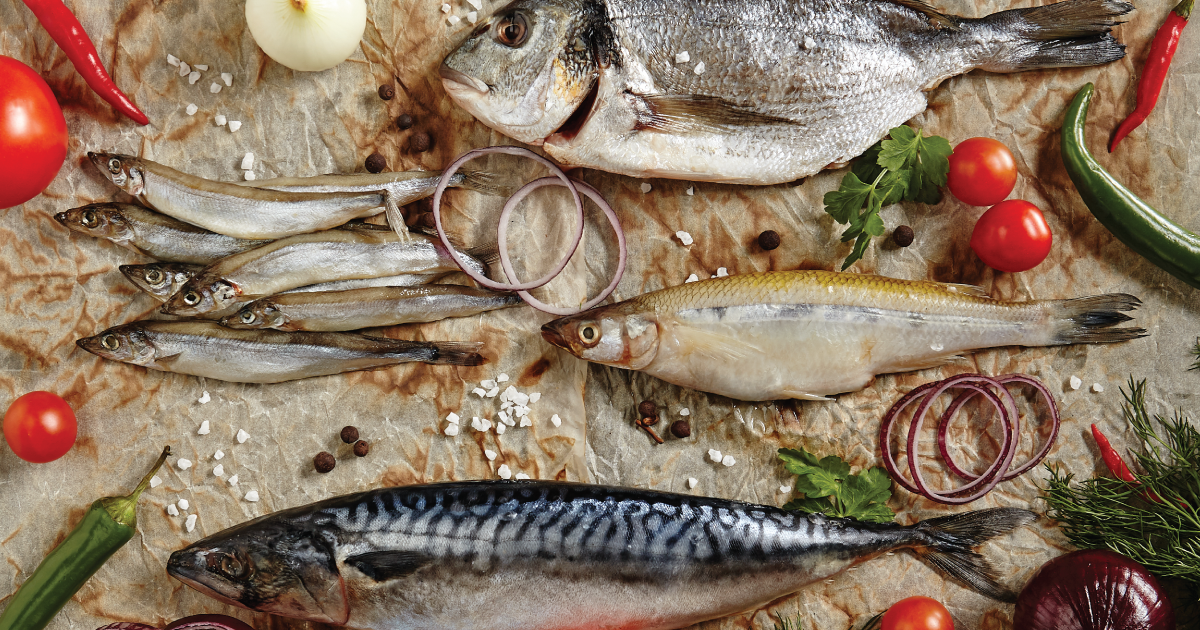
Farmed Fish Are Depleting Oceans of Wild Fish
It's estimated that within the next 10 years, farm-raised fish will make up the majority of fish consumed by humans. There are already 100 species being farmed,1 and while aquaculture, as it's technically known, may sound like a sustainable alternative to catching wild fish, it poses many of the same problems plaguing industrial land-based livestock operations, or concentrated animal feeding operations (CAFOs).
November 13, 2018 | Source: Mercola.com | by Dr. Joseph Mercola
It’s estimated that within the next 10 years, farm-raised fish will make up the majority of fish consumed by humans. There are already 100 species being farmed,1 and while aquaculture, as it’s technically known, may sound like a sustainable alternative to catching wild fish, it poses many of the same problems plaguing industrial land-based livestock operations, or concentrated animal feeding operations (CAFOs).
Among these is the need for a concentrated source of food. On land, this often comes in the form of genetically engineered corn and soy, but farmed fish are sustained via a diet of other fish, known as fishmeal. Aquaculture is a $160 billion industry,2 and as one of the fastest-growing sectors in the food production industry, its appetite for fishmeal is immense.
About 25 percent of wild-caught fish — amounting to about 20 million tons of seafood — are used to make fishmeal that’s fed to farmed fish,3 and stocks of wild fish may be dwindling as a result.
Sardinella Stocks Dwindling as Demand for Fishmeal Increases
In West Africa, sardinella is one of the most important fish species for both food security and job creation. It’s also one prized for the production of fishmeal powder. In Mauritania, a country in Northwest Africa, 770,000 tons of sardinella are caught annually, up from 440,000 tons just a few years ago, according to a 2015 report funded by the European Union.4
Looking to cash in on the growing fishmeal demand, Chinese investors have built factories dedicated to exploiting the seemingly copious amounts of fish in Mauritania, Senegal and Gambia.
Yet, according to Abdou Karim Sall, president of an association of small-scale fishermen in Senegal, who spoke to Reuters, “In four or five years, there won’t be any fish stocks left; the factories will close, and the foreigners will leave … We’ll be left here without any fish.”5
In a Reuters investigation, it’s revealed that aquaculture is increasingly taking sardinella away from the local people who depend on it for their survival. Reuters reported:6
“Sardinella migrate across a 1,000-mile zone shared by Mauritania, Senegal and Gambia. Officials from each country insist that they want to manage their fish sustainably and develop the kind of processing, freezing and export industries that could create thousands of jobs.
But with no effective regional management system yet in place, this goal may not be compatible with installing ever-more grinding machines for the benefit of fish farms producing food for Asia, Europe and North America.”
Fishmeal Factories Encourage Local Fish Fleets to Exploit Fish Stocks
According to the Coalition for Fair Fisheries Arrangements (CFFA), which promotes the livelihoods and food security of costal fishing communities, catches of sardinella in West Africa continue to decline, including in Mauritania, where only 172,000 tons were caught in 2017, down 41 percent from the 292,000 tons caught in 2016.7
Prior to the introduction of the fishmeal industry, the sardinella catch was limited naturally by how much the local market would bear. This natural limit has been removed now that fishmeal factories will buy as much fish as the fishing fleets will bring in. Marine scientist Patrice Brehmer told Reuters, “We could face a catastrophic situation.”8 CFFA agrees, noting:9
“Whereas the effort by artisanal fleets in earlier years was restricted by the demand from the human consumption market, this restriction no longer exists at the moment. The fishmeal plants can absorb large quantities of fish, which stimulates artisanal fishermen to increase their effort.
Mauritanian fishmeal plants have even brought in a completely new fleet of efficient Turkish purse seiners to supply them with fish.
Senegalese fishermen from Casamance are now landing catches at fishmeal plants in Gambia. Sometimes these landings are so big that even the fishmeal plants cannot absorb them. As a result, considerable quantities of sardinella have to be dumped at sea or on the land.”
